F1 | Honda, Hasegawa says 'mea culpa': "In this situation it's my fault"
“Extremely disappointed about this situation,” he added
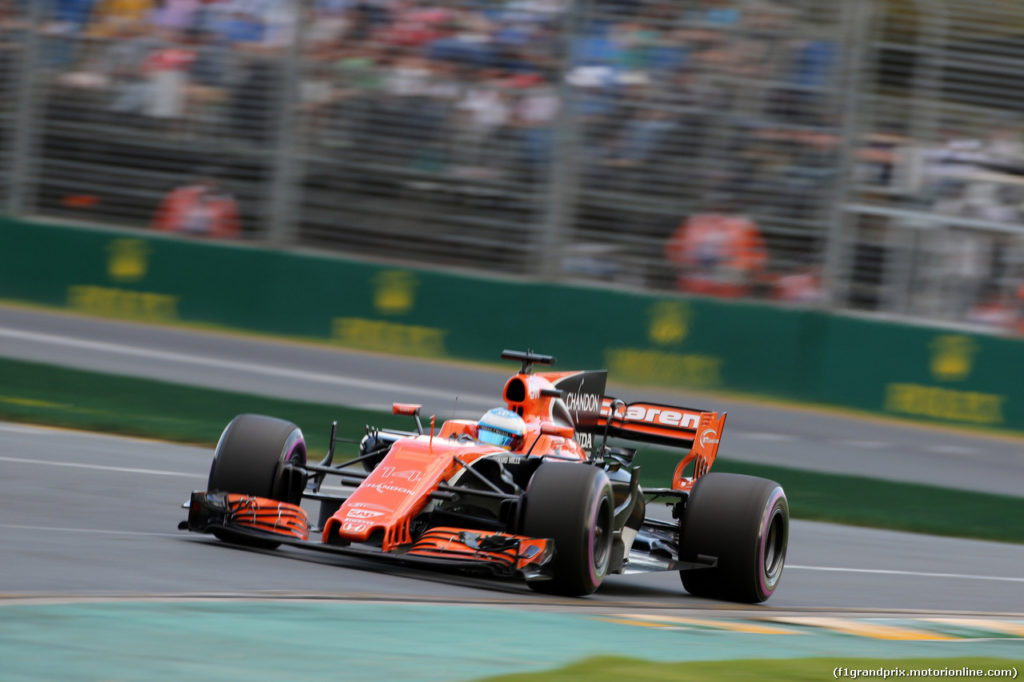
In an interview given to the English columns of Autosport, Yusuke Hasegawa spoke about the enormous problems that the Honda engine is facing within the MCL32 chassis, underlining how the lack of reliability comes from a design error during the study phase of the V6. A problem that arose last winter, precisely when the thermal unit was first started, which the Japanese engineer was unable to resolve mainly due to lack of time. The Japanese engineers would have underestimated the enormous vibrations present in the first version of the V6, committing a macroscopic error which they still pay for in terms of power and reliability. Each team, we remember, begins the study phase of the engine on a single-cylinder version, only to then make global assessments before assembling the V6. And it is precisely on this detail that all the problems of the Japanese engine would arise: Honda would have based the development on the excellent data that emerged from the single-cylinder version, a version that chronically suffered from vibrations.
Result? Terrible reliability and an extremely fragile heat engine. Hasegawa admitted his faults, underlining how the bad choices made during last autumn are influencing McLaren's start to the season, specifying however that the objective of the entire staff working within the Sakura base is to get closer to the competition within six/seven GPs.
Here are the words of Yusuke Hasegawa: “I am extremely disappointed by this situation and it is difficult to explain the moment we are experiencing. Our engine is ten kilos lighter than the 2016 version and has a center of gravity one centimeter lower, excellent data if we consider the theory, but we can't make it work properly. Technically speaking we have not taken a step backwards, but unfortunately the data is not on our side. We chose an aggressive path during the winter, believing it would be simple to develop a concept of this type, but it wasn't like that and we are paying the consequences."
“The fault is mainly mine. During the winter we performed several bench tests with the single-cylinder version, obtaining excellent data, but during the assembly phase of the V6, problems arose that we did not expect. From the first tests on the bench we knew of our problems, but by then we were in the Christmas period and there was no more time. We have been working on the single-cylinder/V6 comparison since January, analyzing all the data we collect on the bench and on the track, but at the moment we need time" he continued.
“We are working hard on Sakura, also collaborating with external people. For us it is essential to accelerate development, but we must always consider that we started two years late. We work day and night, but time is not on our side. In theory we should develop twice as much as our rivals, but it is extremely difficult without taking risks. The goal is to get closer to the competition before the end of the season, but we want to forge ahead and get back into the fight in six/seven Grands Prix"He concluded.
Roberto Valenti
if you want to always be updated on our news
Follow us here
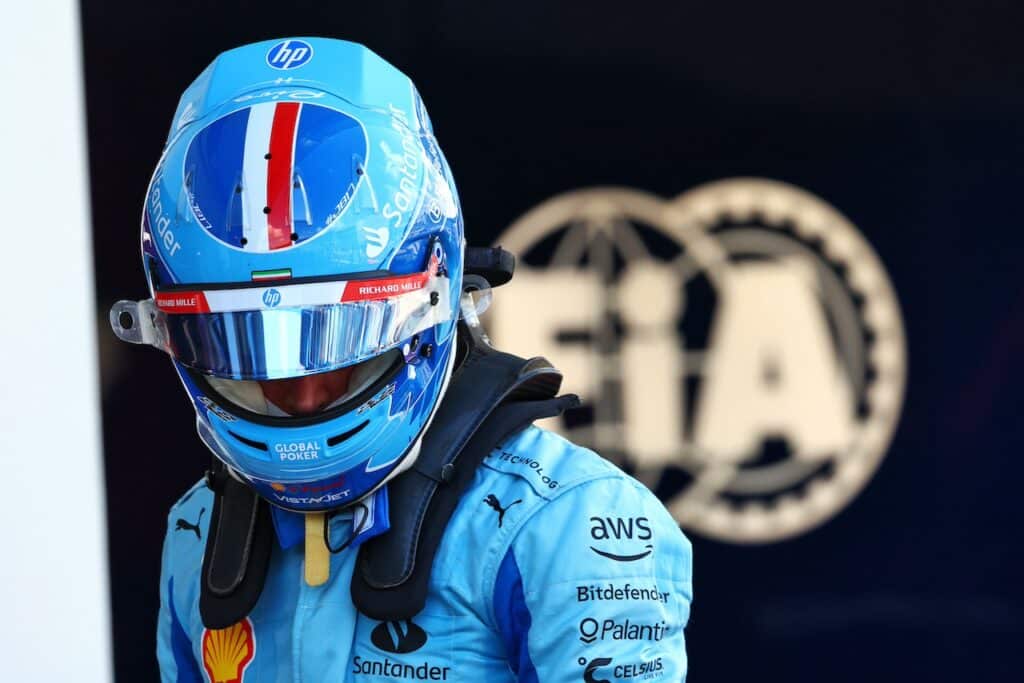
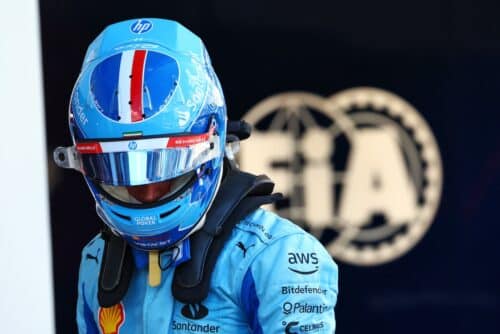
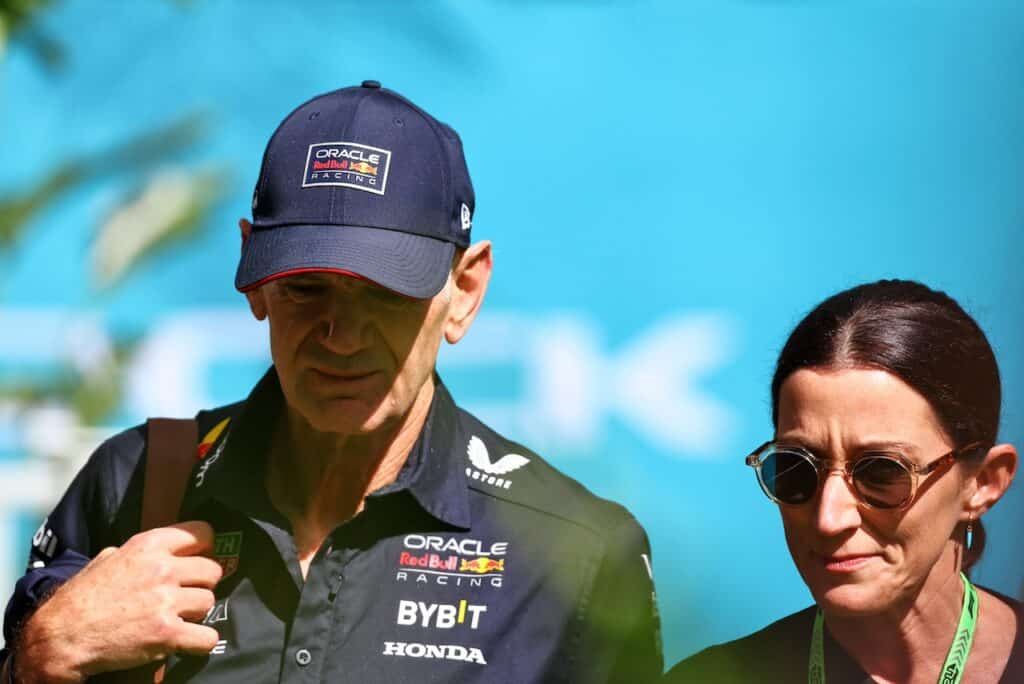
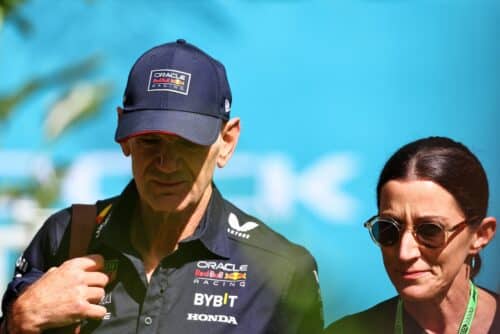
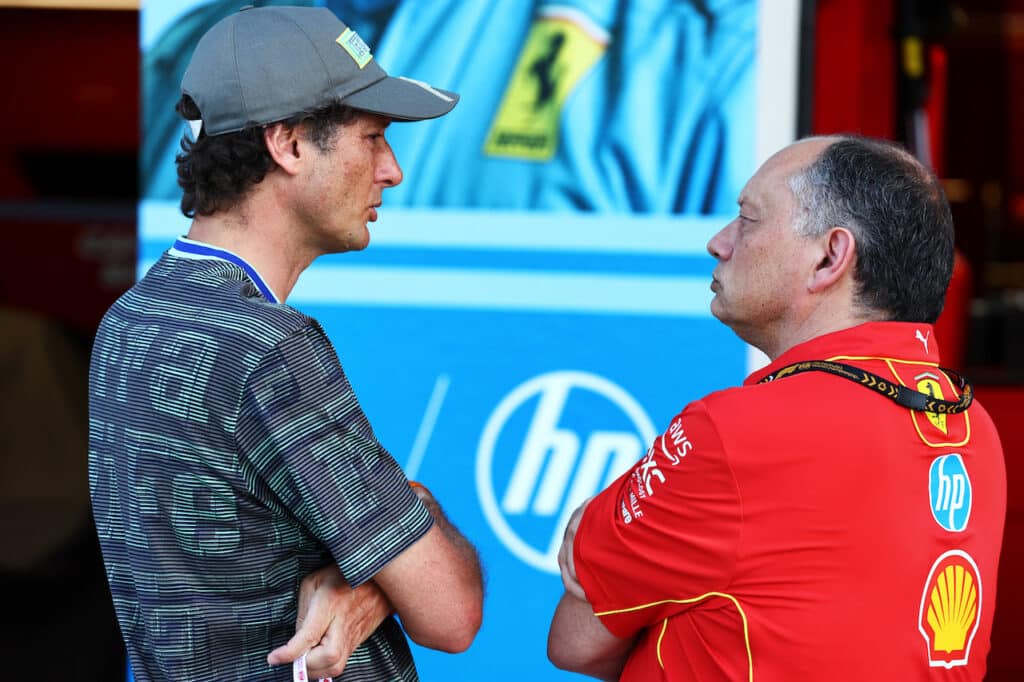
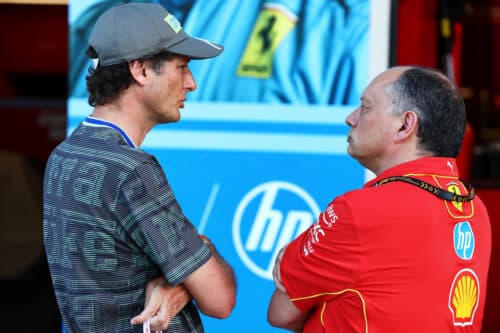
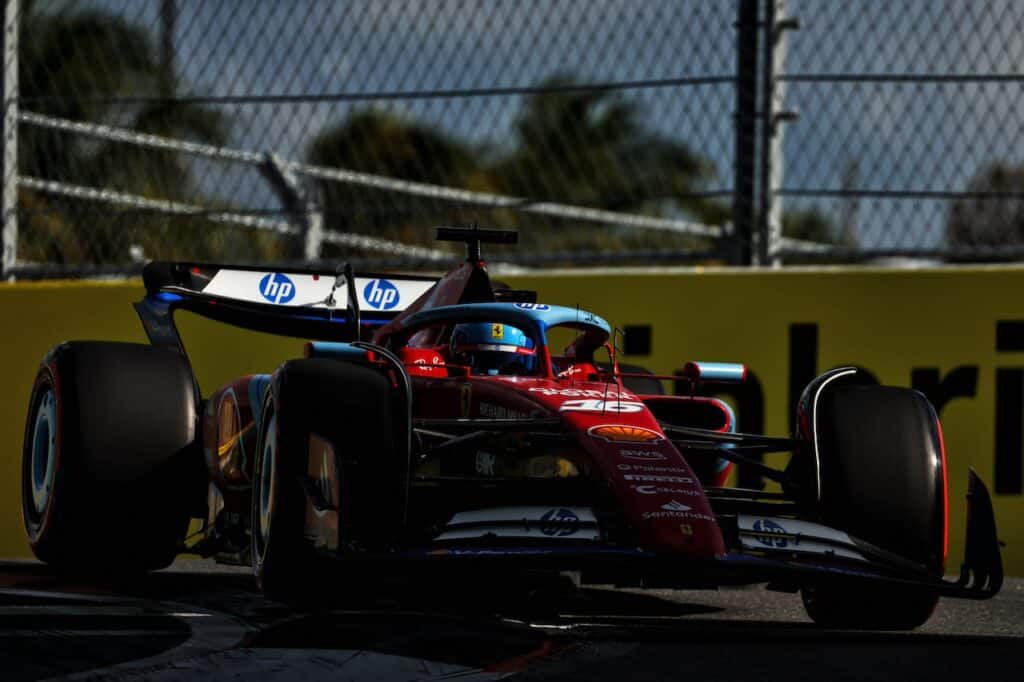
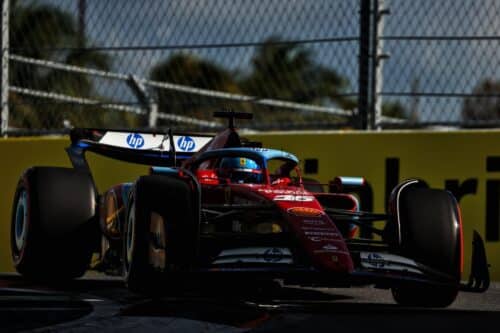
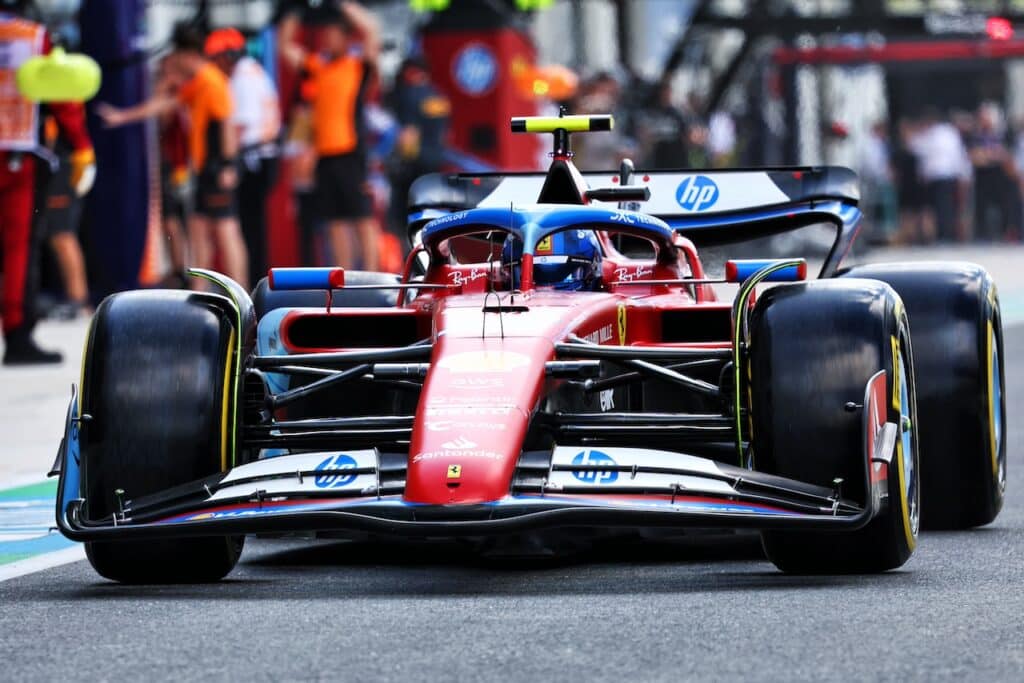
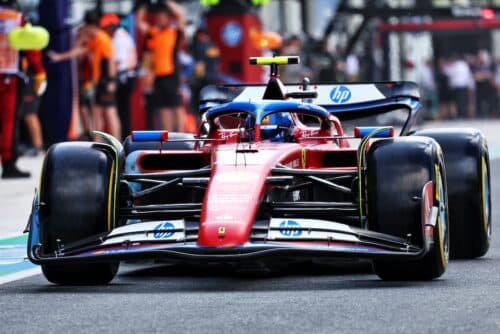
![F1 | Verstappen still leading in Miami: the highlights of the Sprint Qualifying [VIDEO]](https://f1grandprix.motorionline.com/wp-content/uploads/2024/05/f1-gp-miami-qualifiche-sprint-shoot-out-1024x571.jpg)
![F1 | Verstappen still leading in Miami: the highlights of the Sprint Qualifying [VIDEO]](https://f1grandprix.motorionline.com/wp-content/uploads/2024/05/f1-gp-miami-qualifiche-sprint-shoot-out-500x279.jpg)
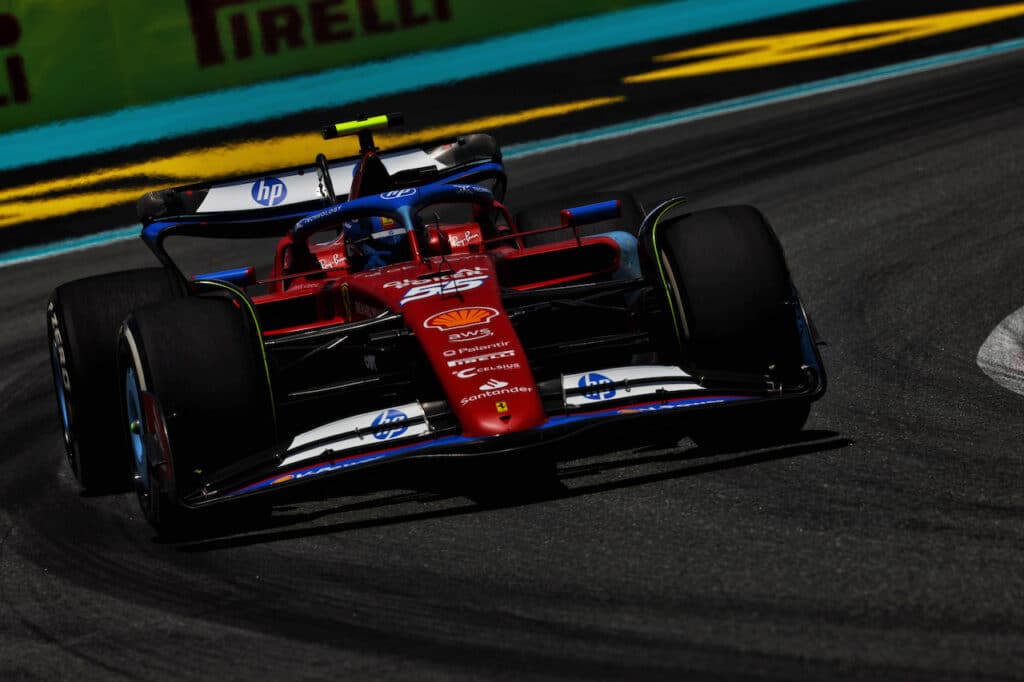
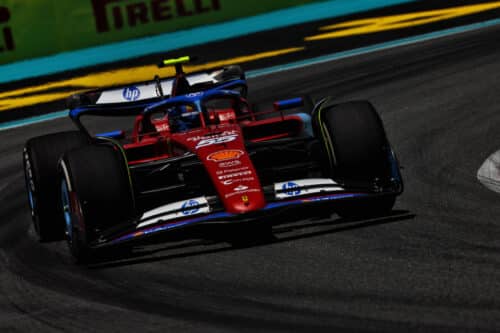
![Formula 1 | Red Bull, Newey greets the team in Miami [VIDEO]](https://f1grandprix.motorionline.com/wp-content/uploads/2024/05/f1-newey-redbull-1024x553.jpg)
![Formula 1 | Red Bull, Newey greets the team in Miami [VIDEO]](https://f1grandprix.motorionline.com/wp-content/uploads/2024/05/f1-newey-redbull-500x270.jpg)









